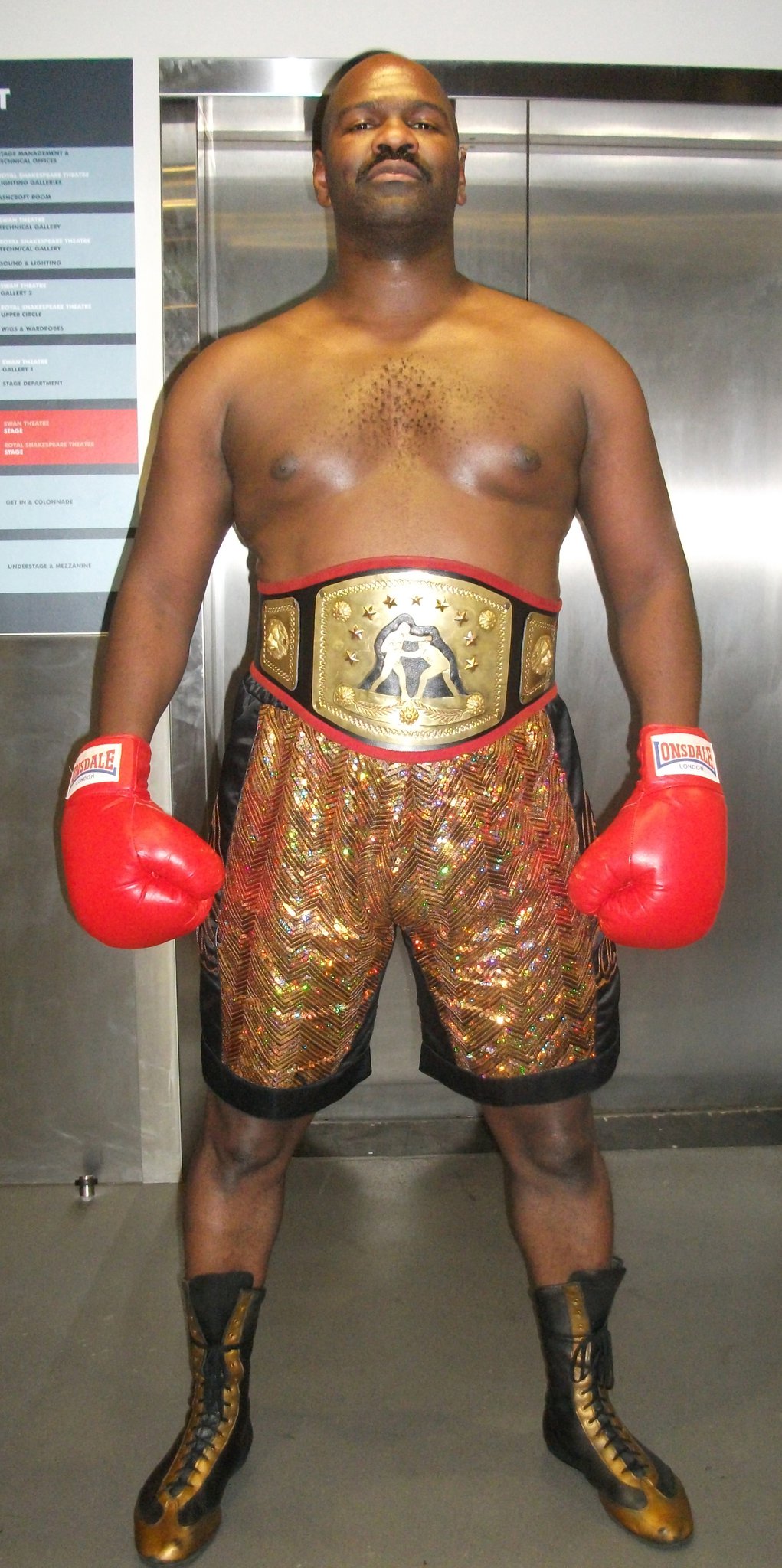The Merchant of Vegas - Shakespeare at the RSC
Locating Shakespeare’s plays in non-Elizabethan locations or timeframes is fairly common practice. In doing so different subtleties and themes can be brought out or explored, and sub-texts uncovered that are not apparent in its classical setting. But Rupert Goold’s choice of Las Vegas as the setting for The Merchant Of Venice, complete with American accents, is one of the more unusual I have come across. For the first few minutes I wasn’t convinced, doubting whether the non-RP delivery of Shakespearean English would convey the meaning of the words. It takes a while to tune in to the Bard’s English anyway, would this not now make it doubly hard? Not at all. The contemporary setting and accent accentuated the understanding rather than curtailing it, and developed themes I had not previously considered in this tragi-comic classic. It also allowed for some truly entertaining performances.
Chris Jarman’s Prince of Morocco was, perhaps, the most memorable of these. Only being drafted in for the role the day before Press Night because of the original actor dropping out, its all the more amazing that he’s put together such a character. As an African-American prize-fighter, he captures the egotistical accents of the Prince in a way that is both entertaining and accessible, whilst delivering his realisation in a convincing fashion that creates a true dialogue with the audience. The whole sequence is set as part of a TV game show, Destiny, in which the prize, of course, is the fair Portia.
It’s a clever take on a sequence that can sometimes be dry and predictable.
Howie Charles’ Gratiano is excellent. As a Hispanic gangster he encapsulates the charm and tempestuousness of the role, bringing humour and drama every time he is on stage. Nowhere is this more apparent than the trial scene when he really comes to the fore, leaving the audience with the delightful dilemma of being both charmed and disgusted by the character. The only drawback with Charles’ compelling performance is in leaving Richard Riddell’s Bassanio looking rather flat in comparison.
The production takes a sympathetic view towards Shylock, with Stewart eliciting genuine empathy for his character. The scenes of the trial, and his humiliation and victimisation throughout the production, make for genuinely uncomfortable viewing. All the more surprising, then, that so little is made of Shylock’s conversion to Christianity. Admittedly, Shakespeare offers no direction as to how this is to be played out, but it is usually done with greater angst for the humiliated Jew.
What makes this even more noticeable is Goold’s decision to put his own, unusual, spin on other scenes that have equally little direction. Most significant of these is the final scene, regarding Portia and Nerissa’s rings, which initially seems to be dragging until you realise that Goold is taking it in a rather interesting direction. Normally presented in romantic-comic fashion, in which the impish maidens tease the boys for their own amusement, Goold’s production brings out themes of insecurity and jealousy. It was also an unusual way to explore the themes of materialism that this play is renowned for, leaving one in a sombre mood, as against the usual upbeat finish to the play. But it was an exploration that I was surprisingly pleased with.
Overall, it was a thoroughly enjoyable and engaging production of one of Shakespeare’s more commonly produced plays.
In bringing out unusual themes, Goold’s production has breathed new life into an oft-studied text. Some traditionalists may not like it, but I found it an excellent way to make the language and themes of the play accessible.

